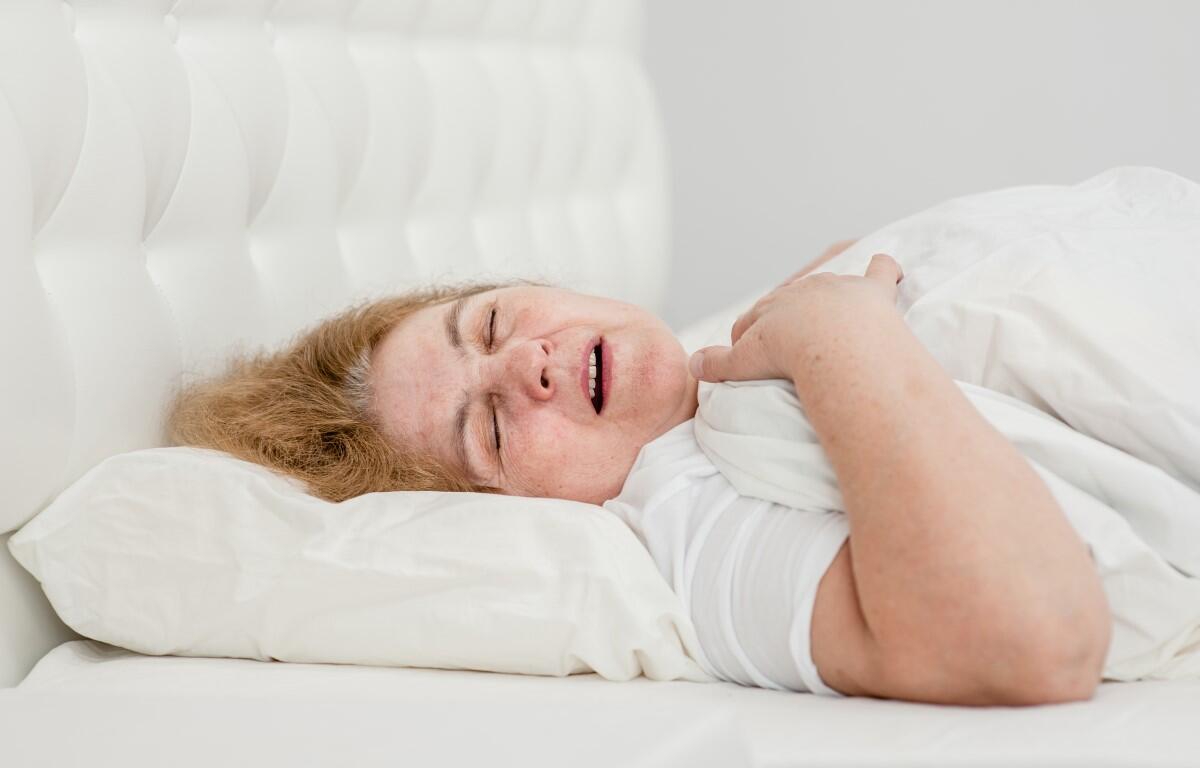Sleep disorders cause all sorts of problems, and are more common than most people realize. Dr. Jennifer J. Cornell, DDS, at Dental Sleep and TMJ Solutions of Clarksville has answers to some of the questions that come up about the conditions preventing you from getting a good night’s sleep.
Question: I’m worried my mom has sleep apnea. Is it dangerous? What should I do?
Dr. Cornell: Sleep apnea is a potentially serious sleep disorder characterized by repeated interruptions in breathing during sleep. These interruptions, called apneas or hypopneas, not only interrupt breathing but also our normal sleep cycle patterns needed to rest and repair our bodies and minds from the day’s events. They can also deprive our body tissues of oxygen. If left untreated, it can lead to a variety of health problems.
There are two main types of sleep apnea.
1. Obstructive Sleep Apnea (OSA): This is the more common type of sleep apnea and occurs when the muscles in the throat relax excessively during sleep, causing a partial or full blockage in the airway. This can be influenced by other matters such as excess weight or lung function.
2. Central Sleep Apnea: This type is less common and involves a failure of the brain to transmit the proper signals to the muscles responsible for controlling breathing.
Potential dangers and complications associated with untreated sleep apnea include:
- Daytime fatigue: People with sleep apnea often experience daytime sleepiness and fatigue, which can affect their quality of life and increase the risk of accidents, especially while driving or operating heavy machinery.
- Cardiovascular issues: Sleep apnea is associated with an increased risk of high blood pressure, heart disease, stroke and irregular heartbeats (arrythmias).
- Metabolic issues: Sleep apnea can contribute to mood disturbances, including irritability, depression and anxiety.
- Cognitive impairment: It may lead to difficulties with concentration, memory, and decision-making.

If you suspect your mom or loved one has sleep apnea, here are some steps you can take:
1. Encourage her to seek medical advice: Talk to your mom about your concerns and suggest that she consult with her doctor and encourage her to request a referral for a sleep study.
2. Support lifestyle changes: In some cases, lifestyle modifications, such as weight loss, changes in sleep position, and avoiding alcohol or sedatives before bedtime, can help reduce the severity of sleep apnea.
3. Treatment options: Treatment for sleep apnea may include continuous positive airway pressure or CPAP but that is not the only treatment option. Dental appliances that help position and stabilize the jaw in a forward position while sleeping are also an option. These devices work best in mild to moderate obstructive sleep apnea. There is also surgery and a nerve stimulating device that might be an option for more severe disease.
4. Follow-up and compliance: Encourage your mom to follow through with recommended treatments and attend follow-up appointments. Compliance with treatment is essential for managing sleep apnea effectively.
Remember, it is crucial for your mom to receive a proper diagnosis and treatment plan from a healthcare professional. There are devices sold online to help stop snoring or sleep apnea but outside the hands of a professional they can also be dangerous and cause side effects if not used correctly. Health care professionals with training in sleep disorders such as a sleep physician and a dentist with additional training in dental sleep medicine can provide personalized guidance based on her specific situation needs.
Jennifer J. Cornell, DDS, is a diplomate of the American Board of Dental Sleep Medicine. For more, visit the Dental Sleep and TMJ Solutions of Clarksville website or call 931-645-8000.


